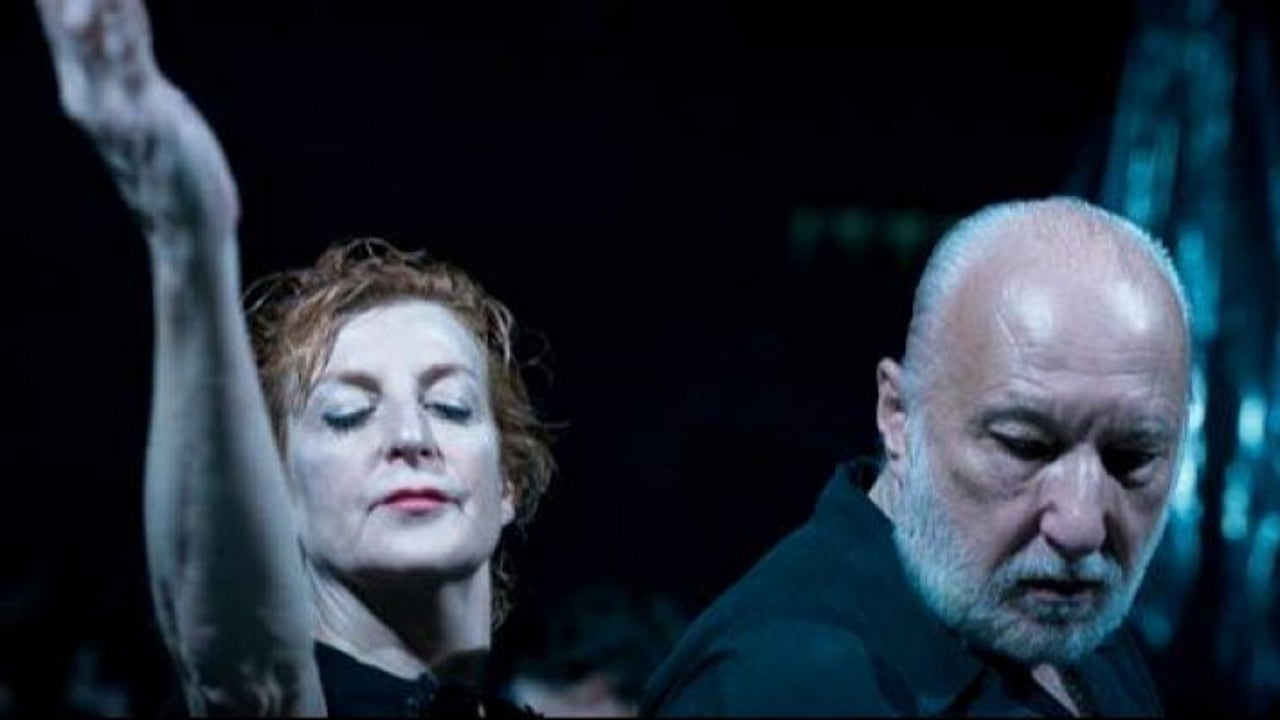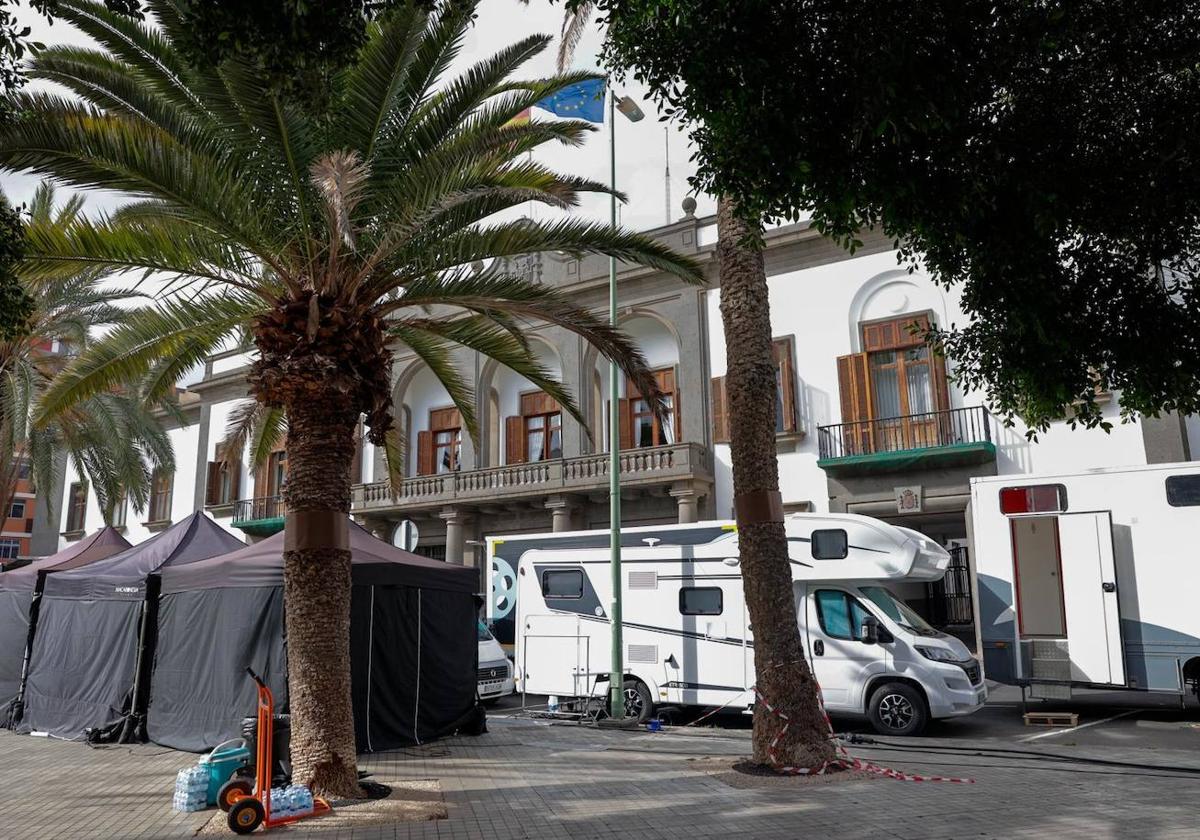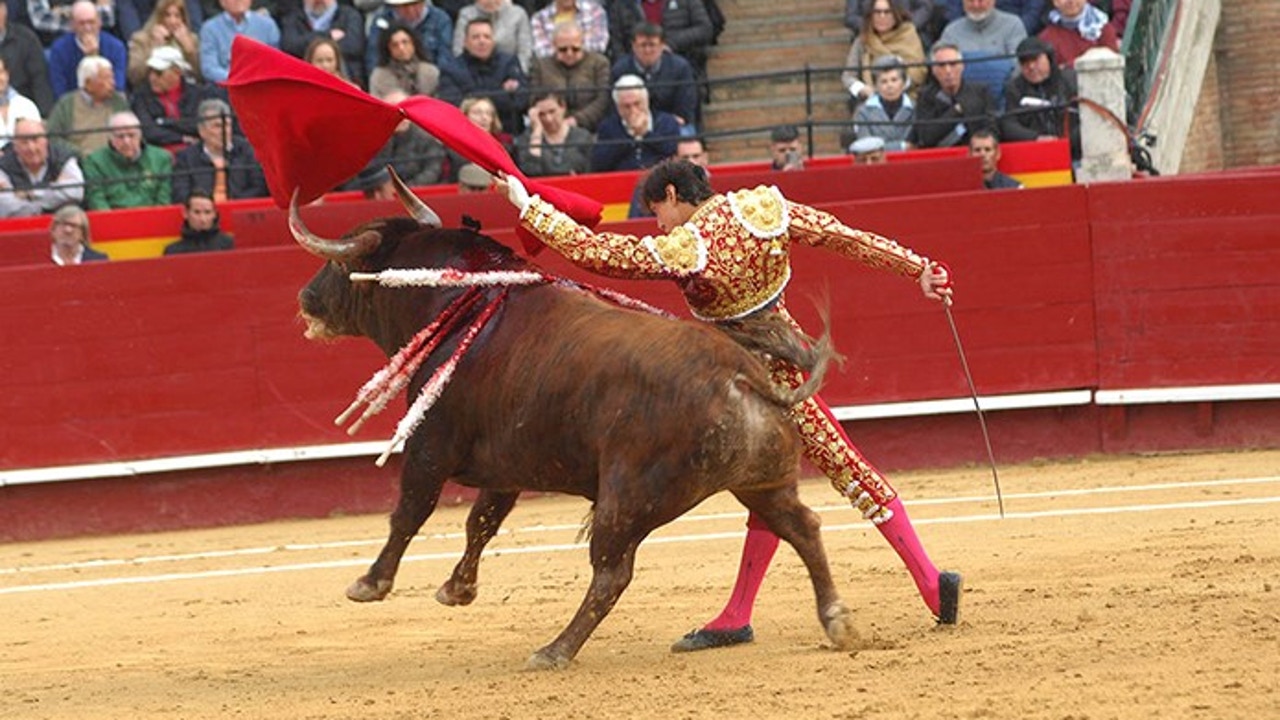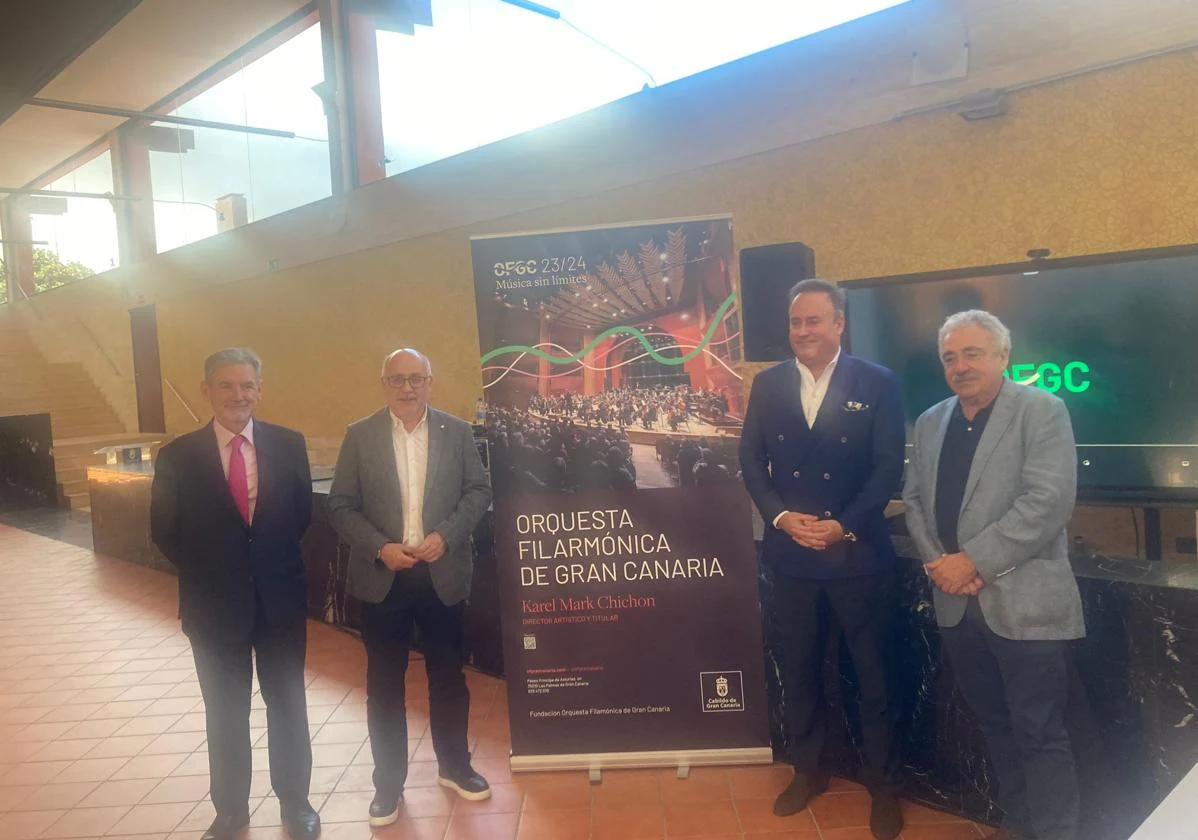The film festival of Mar del Plata resists the Argentine crisis | Culture


The 33rd edition of the Mar del Plata film festival, the most important in South America, did not emerge unscathed from the sharp devaluation of the Argentine peso and the cut in public spending applied by the Government of Mauricio Macri. Its duration was reduced to eight days, of the ten initially planned and the alliance with France as a guest country saved the presence of prestigious international stars such as the director Léos Carax and the actor Jean-Pierre Léaud.
As it happened at the opening of the Book Fair, the Secretary of Culture, Pablo Avelluto, was booed just to go on stage, Saturday night. "It's good that they whistle, because I wanted to talk about exactly that, but for that we should be able to listen to us," Avelluto said. "We made the festival against all odds," he admitted. Among the problems that the festival had to overcome is the negotiation in dollars of the rights of projection, which forced to reduce the amount of films exhibited, and the presence of foreign guests.
The actress Mercedes Moran expressed in public what many commented during months in low voice: the fear that the classic cinephile date was suspended. "I am very happy to be here receiving this recognition, because the festival was made, I was very worried personally throughout the year, fearing that the huge budget cuts in culture would affect this highly recognized festival," said Morán after receiving an award for his career. When concluding, the actress exhibited the green handkerchief in favor of legal abortion, safe and free I was wearing on my wrist. Other artists and presenters opted for green ties to show their support for legalization.
In its first edition with a woman in charge of the artistic direction, Cecilia Barrionuevo, the festival started with a great feminine protagonism. In addition to Morán, Argentine directors Narcisa Hirsch and Lucrecia Martel were also awarded prizes. Dream of Florianópolis, from his colleague Ana Katz, was the opening film. For the first time also, Mar del Plata hosted a Film and Gender Perspective Forum on Monday and Tuesday.
Different views according to the continent
The oneiric Chuva é cantoria na Aldeia dos Mortos was applauded in Cannes, in its official presentation, and also on Monday in Mar del Plata. But the look on her changes according to the continent, remarked Salaviza. "In France they asked us why the protagonist committed suicide, in Latin America it is seen as an encounter with his father," he explained. "Europe has an exotic look on the indigenous, they have no right to change," he criticized. Among the distorted vision of the original communities, the director gave as an example the figure of the shaman, who is usually seen as an old and wise person. "The shaman can cure you, take out a spell, but also bother and attack, young people are afraid to become shamans because the relationship with others becomes very different," he says after the screening.
If the budget cuts focused the critics of the inauguration, in the first days of the festival it has become evident also the concern that awakens the election of Jair Bolsonaro in neighboring Brazil. "The indigenous peoples resisted for 500 years and will continue to do so," João Salaviza said at the presentation of the film Chuva é cantoria na Aldeia dos Mortos, co-directed with Renée Nader Messora.
The film, which competes in the International section, was filmed during the nine months they spent with the indigenous community of Pedra Branca. Salaviza recalled that "millions of indigenous people have been killed in five centuries", but also practically erased "in the word, in the cinema and on television" and with Bolsonaro, who sees the reserves as "obstacles to agribusiness", his situation will get even worse. Katz and Martel also criticized the far right leader.











